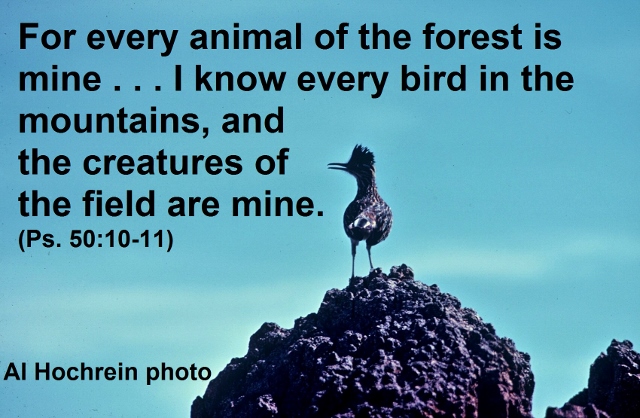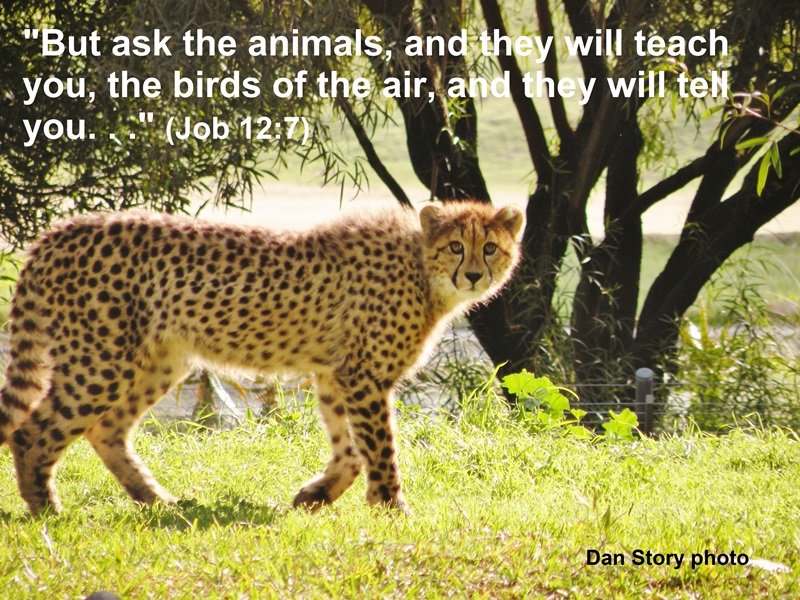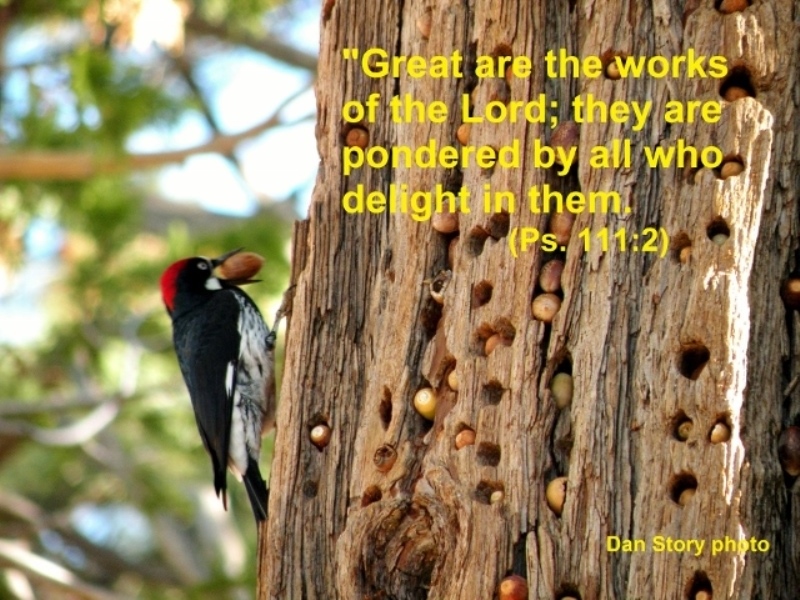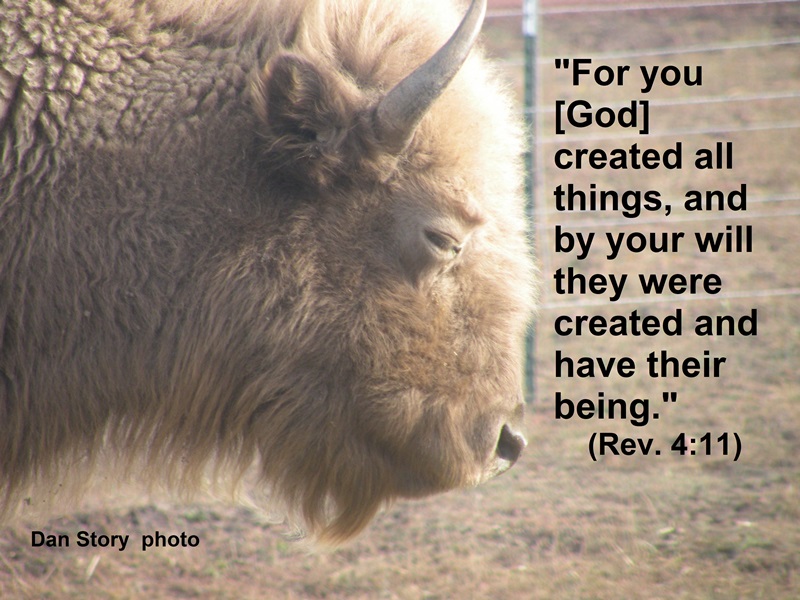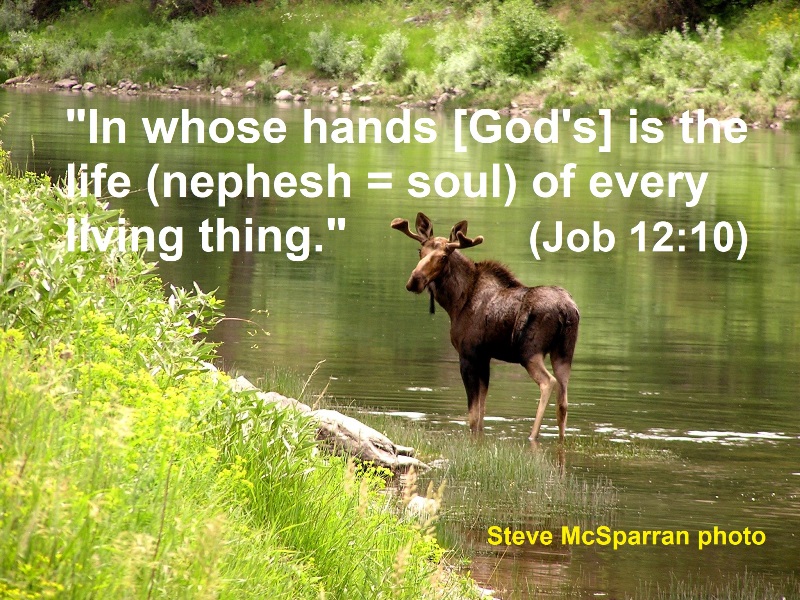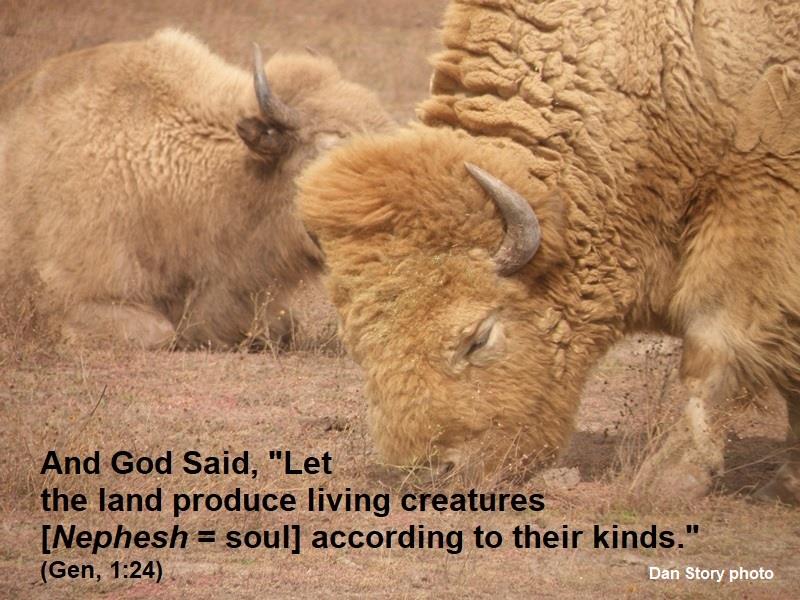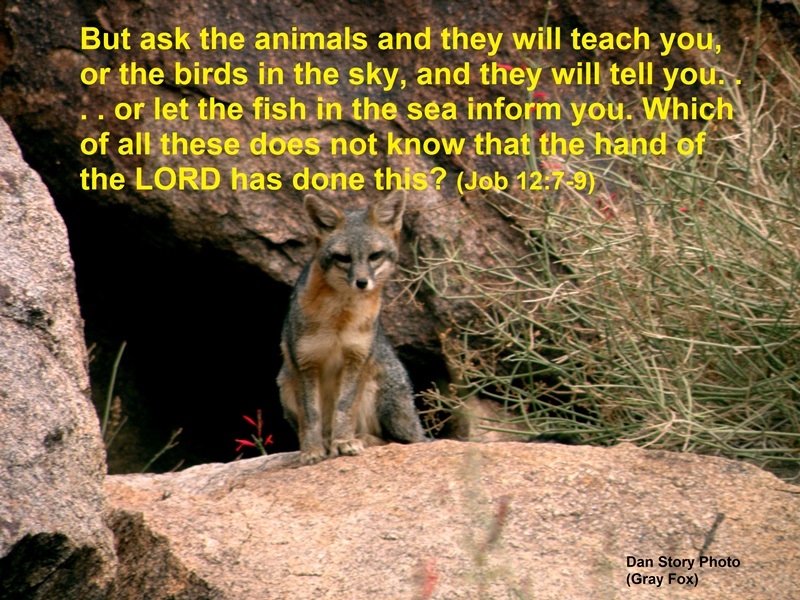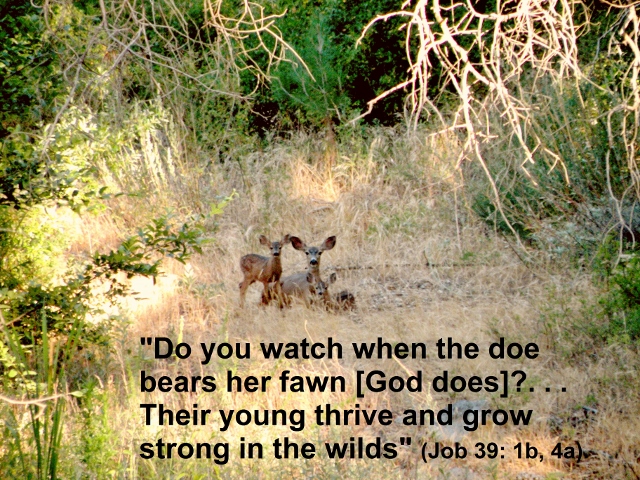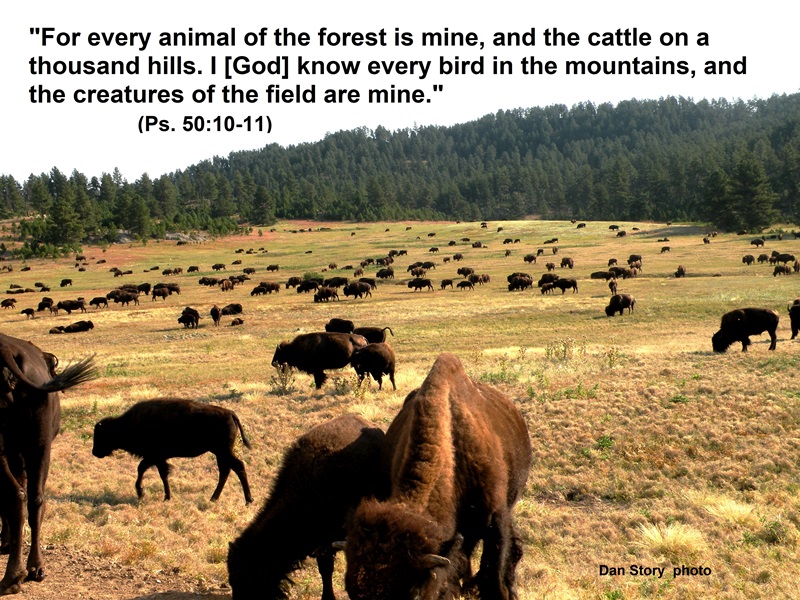Part Eleven: What Kinds of Earthly Animals Can We Expect to See in Heaven?
The Bible reveals there will be continuity between our present Earth and the eschatological New Earth (i.e., Heaven). It will be a world spiritually redeemed, physically transformed, and set free from nature’s curse. It will be rich in vegetation, abounding in scenic wonders, and vastly more beautiful than any wilderness or garden our most creative imaginations can conjure up. As theologian H. Paul Santmire put it, “The wilderness [in the New Earth] will remain, to be sure, for God also loves the alligators and the mountain lions and wills their fulfillment. But the dream of wilderness without darkness and violence and pain will come true” ((Brother Earth: Nature, God, and Ecology n Time of Crisis, p. 110). (Continued below photo)
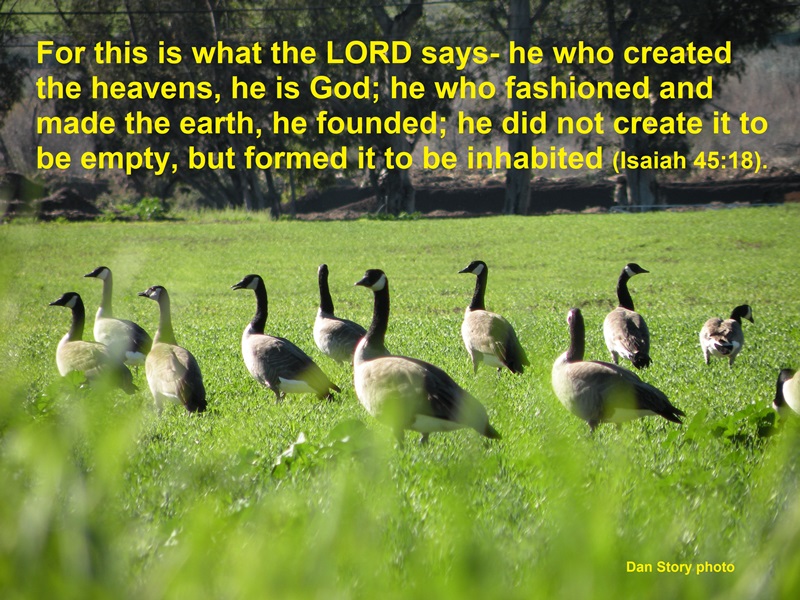
This leads us to this week’s blog: what kinds of animals will inhabit this incredible restored Paradise? Wonderfully, it will be populated with the same kinds of animals presently dwelling on our present Earth—although predation and death will no longer exist.
Depending on the interpretation of some Hebrew words, the Bible refers to more than a hundred animals. For example, Psalm 104 refers to a stork, cattle, wild donkeys, wild goats, coneys, and lions. Job 39 mentions a doe and fawn, wild ox, ostrich, hawk, and an eagle. Isaiah 60:6 speaks of camels; Revelation 19:11 talks about a horse.
How about our pets specifically? Will there be pets in Heaven? Why not? God allows many animals on this Earth to be our servants, helpers, and devoted and faithful friends. It would be consistent with God’s great love for His people that these same animals will continue their role as our friends and companions in the age to come. Our Lord may include pets in Heaven for no other reason than to bless the people who loved and faithfully cared for them in this life. There is nothing in the Bible that should cause us to doubt this.
I like how theologian and philosophy professor Peter Kreeft answers whether or not animals—and specifically pets—will be in Heaven. In His book Everything You Ever Wanted to Know about Heaven . . . But Never Dreamed of Asking, he writes:
Would the same animals be in Heaven as on earth? “Is my dead cat in Heaven?” Again, why not? God can raise up the very grass; why not cats? . . . We were meant from the beginning to have stewardship over the animals; we have not fulfilled that divine plan yet on earth; therefore it seems likely that the right relationship with animals will be part of Heaven: proper “pet-ship”. And what better place to begin than with already petted pets? (p. 45)
It should be apparent by now (in this series) that the continuity between this earth and the eschatological New Earth will include the same kinds of animals that now dwell on our present Earth. However, there are three more compelling evidences to support this, and we’ll look at them in the next two blogs.
Next Week: If animals are blessed with immortal souls and reside in Heaven (i.e., the New Earth—Isa. 65:17; Rev. 21:1) with God’s people, what may such a heavenly place be like? Exploring this will be the topic of next week’s blog.
Note: For a more in-depth study of this, please read my book, Will Dogs Chase Cats in Heaven? People, Pets, and Wild Animals in the Afterlife. A thoroughly researched and documented study. Go back to my home page and click on “description” below the cover photo.
